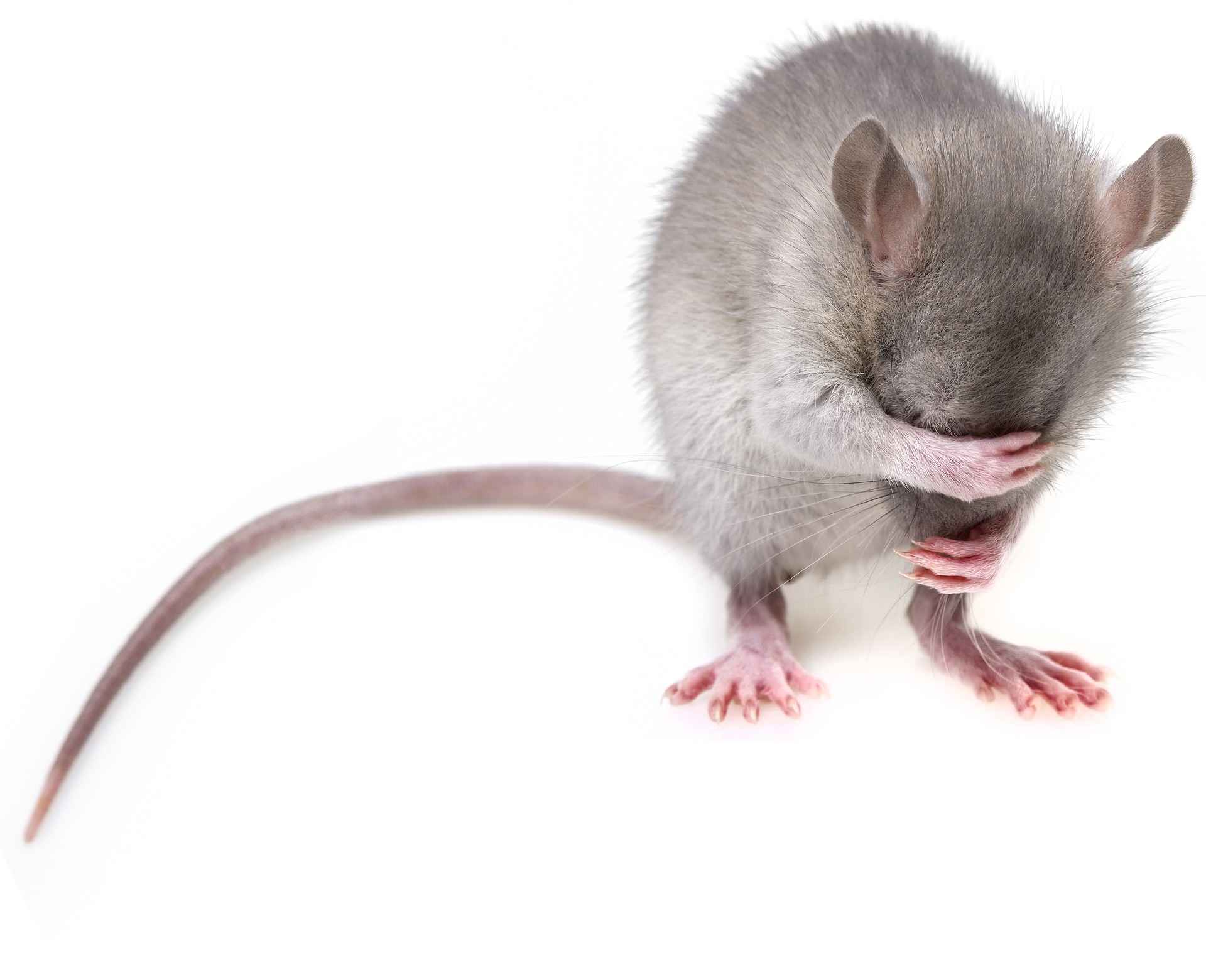If you have a rat that is sick, you may be wondering how long it will take for Baytril to work. This is a common question; the answer depends on the individual rat and the illness. In this blog post, we will discuss how long it typically takes Baytril to work in rats and some of the factors that can affect its efficacy.
How long does Baytril typically take to work in rats?
Baytril is a powerful antibiotic that is effective against many bacteria.
It is commonly used to treat infections in rats, and it typically begins to work within 24 hours.
However, it is essential to complete the entire course of treatment to ensure that the infection is completely cleared.
Sometimes, Baytril may need to be given for up to 14 days. If you notice that your rat’s condition is not improving after a few days of treatment, be sure to contact your veterinarian.
What factors can affect the efficacy of Baytril in rats?
Baytril is an effective antibiotic for rats. However, several factors can affect its efficacy.
One of the most important is the rat’s general health and well-being. If a rat is unwell, it may not be able to metabolize the drug correctly, making it less effective.
Another critical factor is the dose of Baytril that is given. If the amount is too low, the rat may not receive enough of the drug to be effective, while if the dose is too high, the rat may experience side effects such as diarrhea.
Finally, the timing of the administration of Baytril can also affect its efficacy. If it is given too early or too late in the course of an infection, it may be less effective.
Consequently, it is essential to consider all of these factors when determining whether or not Baytril will be effective for a particular rat.
-How can you tell if Baytril is working for your rat?
Baytril is an antibiotic that is commonly used to treat a variety of infections in rats. However, it is essential to note that Baytril is not effective against all types of conditions, so it is essential to consult with a veterinarian before starting treatment.
When used correctly, Baytril can be an effective way to treat bacterial infections in rats. However, monitoring the rat’s symptoms is the most common way to tell if Baytril is working.
If the rat’s symptoms are improving, then it is likely that the Baytril is effective. However, if the rat’s symptoms worsen, the Baytril is likely not working, and another treatment should be considered.
In any case, it is essential to consult a veterinarian before making any changes to the rat’s treatment plan.
-What should you do if you think Baytril is not working for your rat?
Baytril is an antibiotic commonly used to treat respiratory infections in rats. It is generally considered safe and effective, but there are a few scenarios in which it may not work as intended.
If you think that Baytril is not working for your rat, the first thing you should do is contact your veterinarian.
They will likely want to perform some tests to confirm that the Baytril is not working and to rule out any other possible causes of the respiratory infection. If it is determined that Baytril is not working, your vet may recommend switching to a different antibiotic.
In some cases, they may also recommend adding another medication, such as an anti-inflammatory, to help reduce symptoms.
Ultimately, your vet will develop a treatment plan that is best for your rat’s individual needs.
Is there anything else you should know about Baytril and its use in rats?
It is important to note that Baytril should only be used when other antibiotics have failed to relieve the infection.
Baytril should also never be used as a preventative measure. However, Baytril is safe and effective for most rats when appropriately used.
However, you should be aware of a few potential side effects. These include vomiting, diarrhea, and loss of appetite. If you notice any of these side effects in your rat, please get in touch with your veterinarian immediately.




